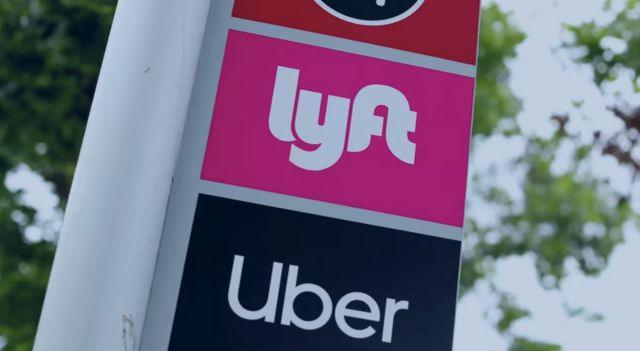Stocks of Baidu (NASDAQ:BIDU) and Lyft (NASDAQ:LYFT) traded higher on Monday following news of a new international collaboration. The Chinese tech powerhouse announced a partnership with Lyft to introduce its autonomous vehicles to the European market, marking a significant step in both companies’ driverless mobility ambitions.
Baidu’s shares climbed nearly 3% in premarket trading, while Lyft gained 4.5% as of 12:35 GMT.
According to a joint statement issued Monday, Baidu and Lyft aim to launch robotaxi services in the U.K. and Germany by 2026, with plans to deploy “thousands” of vehicles across Europe “in the following years.”
The rollout will still require regulatory approval, and it’s not yet confirmed whether the service will be integrated with FreeNow, a German ride-hailing platform that Lyft recently acquired. FreeNow operates across more than 150 cities in nine European countries, including the U.K., Ireland, Germany, and France.
This move signals a major expansion for Lyft, which has had only a limited footprint in Europe to date. By teaming up with Baidu, Lyft could gain a strategic edge over rivals such as Uber (NYSE:UBER) and Bolt in the region’s fast-evolving autonomous ride-hailing landscape.
The initiative is also part of Baidu’s broader effort to scale its autonomous technology internationally. Just last month, Baidu signed a deal with Uber to bring its driverless cars to markets beyond China and the U.S., focusing on regions including Asia and the Middle East.
Baidu’s Apollo Go robotaxi platform has been operating in several major Chinese cities since 2021, offering app-based ride-hailing with self-driving cars in places like Beijing.
As for Lyft, this collaboration could prove to be a key differentiator in a crowded European ride-hailing space. Interest in autonomous vehicles continues to grow, with many transportation firms racing to secure partnerships and roll out viable self-driving services.
In the U.K., where Lyft is planning to expand, Uber has already announced a pilot program in collaboration with Wayve, a British self-driving startup. That trial is expected to begin in spring 2026.
This content is for informational purposes only and does not constitute financial, investment, or other professional advice. It should not be considered a recommendation to buy or sell any securities or financial instruments. All investments involve risk, including the potential loss of principal. Past performance is not indicative of future results. You should conduct your own research and consult with a qualified financial advisor before making any investment decisions.
